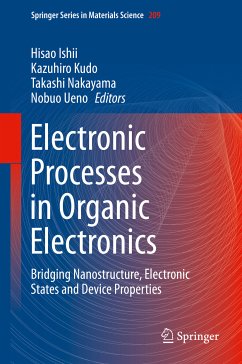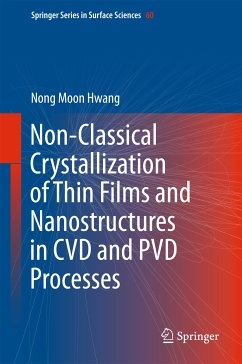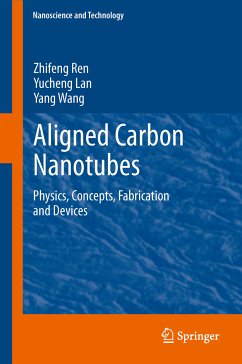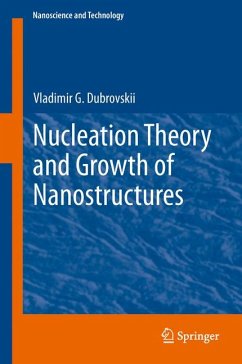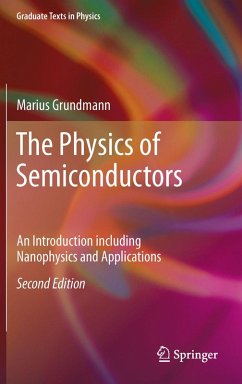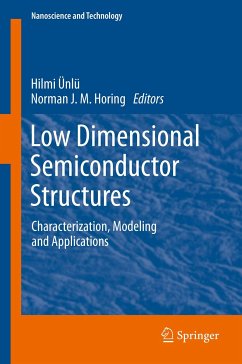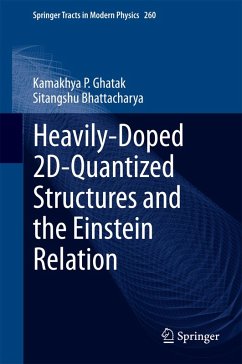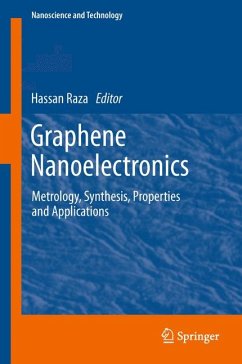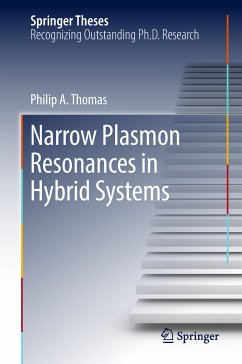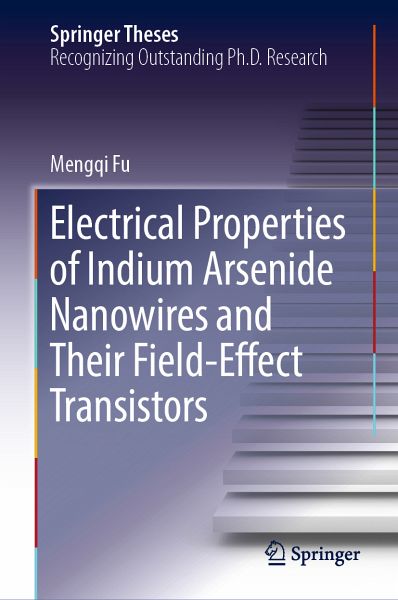
Electrical Properties of Indium Arsenide Nanowires and Their Field-Effect Transistors (eBook, PDF)

PAYBACK Punkte
48 °P sammeln!
This book explores the impacts of important material parameters on the electrical properties of indium arsenide (InAs) nanowires, which offer a promising channel material for low-power electronic devices due to their small bandgap and high electron mobility. Smaller diameter nanowires are needed in order to scale down electronic devices and improve their performance. However, to date the properties of thin InAs nanowires and their sensitivity to various factors were not known. The book presents the first study of ultrathin InAs nanowires with diameters below 10 nm are studied, for the first ti...
This book explores the impacts of important material parameters on the electrical properties of indium arsenide (InAs) nanowires, which offer a promising channel material for low-power electronic devices due to their small bandgap and high electron mobility. Smaller diameter nanowires are needed in order to scale down electronic devices and improve their performance. However, to date the properties of thin InAs nanowires and their sensitivity to various factors were not known.
The book presents the first study of ultrathin InAs nanowires with diameters below 10 nm are studied, for the first time, establishing the channel in field-effect transistors (FETs) and the correlation between nanowire diameter and device performance. Moreover, it develops a novel method for directly correlating the atomic-level structure with the properties of individual nanowires and their device performance. Using this method, the electronic properties of InAs nanowires and the performanceof the FETs they are used in are found to change with the crystal phases (wurtzite, zinc-blend or a mix phase), the axis direction and the growth method. These findings deepen our understanding of InAs nanowires and provide a potential way to tailor device performance by controlling the relevant parameters of the nanowires and devices.
The book presents the first study of ultrathin InAs nanowires with diameters below 10 nm are studied, for the first time, establishing the channel in field-effect transistors (FETs) and the correlation between nanowire diameter and device performance. Moreover, it develops a novel method for directly correlating the atomic-level structure with the properties of individual nanowires and their device performance. Using this method, the electronic properties of InAs nanowires and the performanceof the FETs they are used in are found to change with the crystal phases (wurtzite, zinc-blend or a mix phase), the axis direction and the growth method. These findings deepen our understanding of InAs nanowires and provide a potential way to tailor device performance by controlling the relevant parameters of the nanowires and devices.
Dieser Download kann aus rechtlichen Gründen nur mit Rechnungsadresse in A, B, BG, CY, CZ, D, DK, EW, E, FIN, F, GR, HR, H, IRL, I, LT, L, LR, M, NL, PL, P, R, S, SLO, SK ausgeliefert werden.



